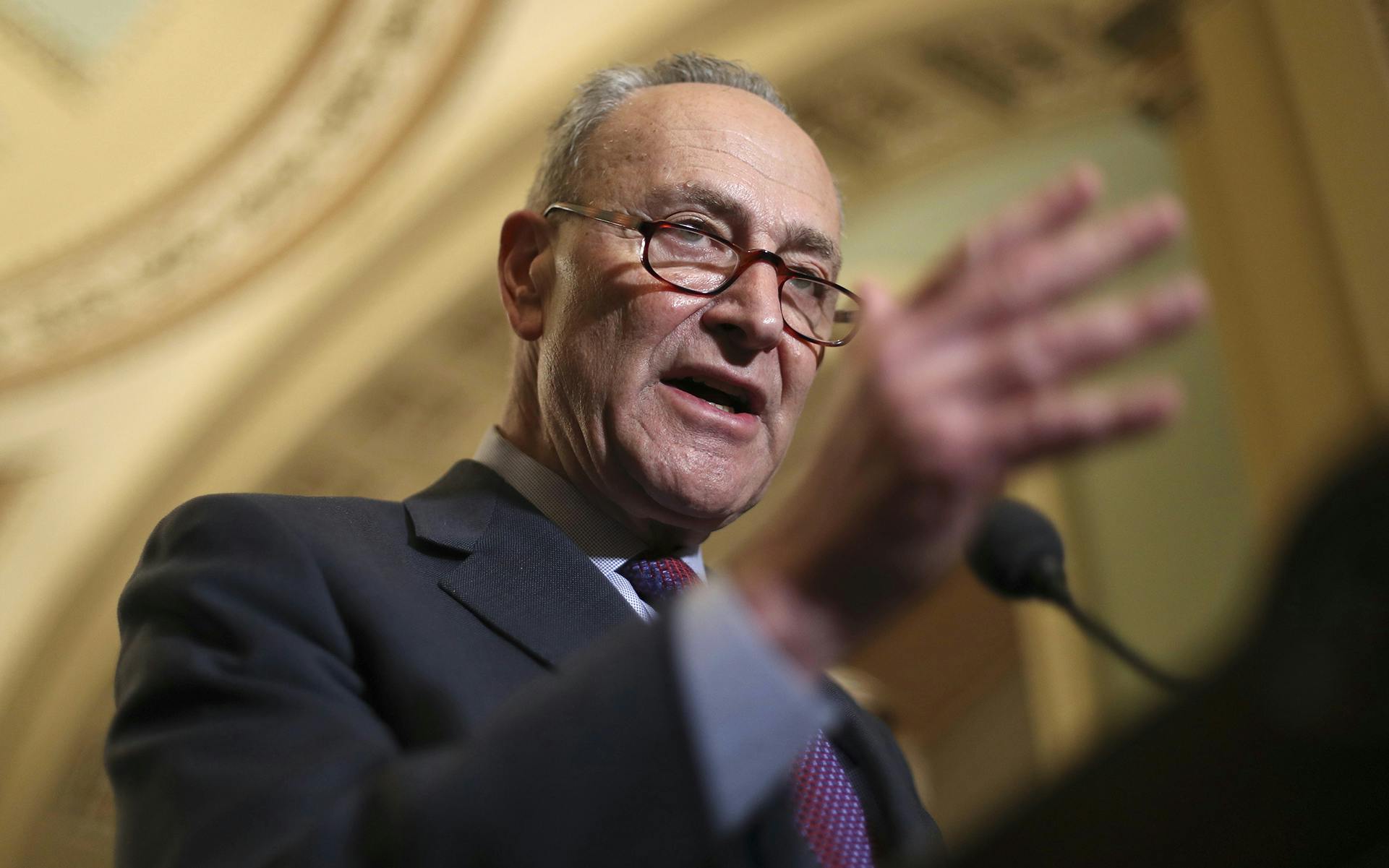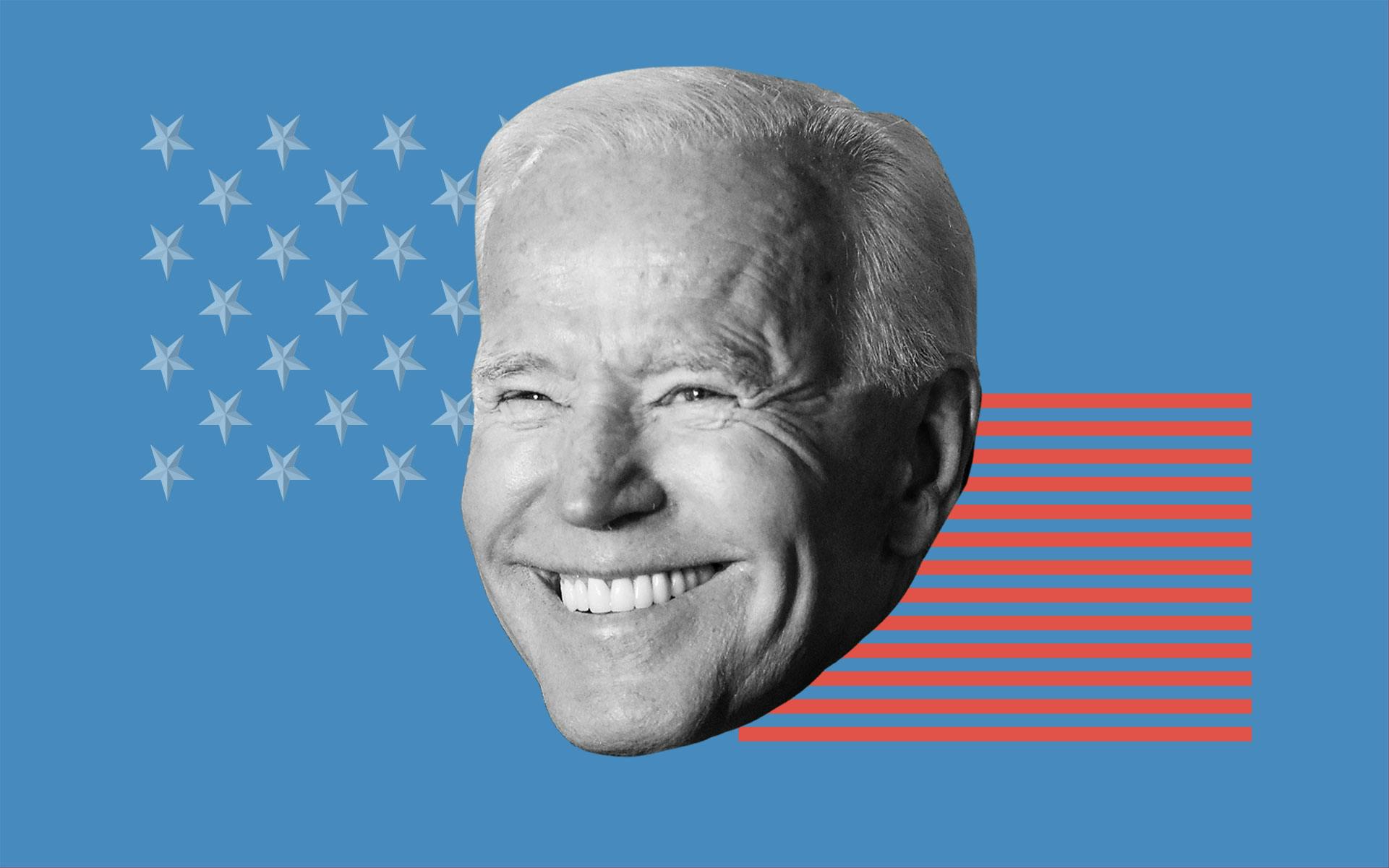
Marijuana decriminalization is an often misunderstood term that’s a source of contention in cannabis politics.
“Decriminalizing” sounds great, right? Let’s end the practice of treating marijuana like a crime. Most of us can agree on that.
In practice, decriminalization policies usually move first-time low-level (one ounce or less) cannabis possession from a criminal offense to a civil offense. That means no arrest, jail time, or criminal record.
However, decriminalization usually does not remove heavier penalties for growing or selling marijuana.
The problem is that decriminalizing cannabis isn’t the same as legalizing it. When politicians talk about “decriminalizing,” it’s often a convenient way for them to seem like they’re in favor of progressive change, when they actually intend to maintain the status quo—which means people will continue to get arrested for cannabis.
And those people are usually people of color, who get stopped and arrested for cannabis four times as often as white people. (Both groups of people consume marijuana at the same rate.) Decriminalization also leaves growers and sellers exposed to the full force of the war on drugs, while giving consumers a light slap on the wrist.
Learn more about marijuana decriminalization by browsing through the sections below.
What is decriminalization?
Decriminalization is the practice of lowering penalties for marijuana possession. With decrim, penalties are often reduced from an arrestable offense to a monetary fine.
This is true only for cannabis possession, however, and only for small amounts, usually one ounce or less. Harsher penalties often remain in place for larger amounts and for those who grow or distribute the product.
Why decriminalize marijuana possession?
It’s a start. Decriminalization is sometimes seen as a compromise, a necessary half-step on the path to full legalization.
Marijuana legalization map
- adult use
- illegal
- medical
States where marijuana is decriminalized
The below states and territories have decriminalized their low-level, first-time marijuana laws on a statewide level. Note that while other states may not have decriminalized marijuana statewide, they may have on a local level (e.g. by city or county).
Click on the name of the state or territory to find more information about its cannabis policies, including decriminalized limits and penalties.
| State | Legalization status | Adult use? | Medical marijuana? | Decriminalized statewide? |
|---|---|---|---|---|
| Alaska | Adult use | Yes | Yes | Yes |
| Arizona | Adult use | Yes | Yes | N/A |
| California | Adult use | Yes | Yes | Yes |
| Colorado | Adult use | Yes | Yes | Yes |
| Connecticut | Medical | No | Yes | Yes |
| Delaware | Medical | No | Yes | Yes |
| Guam | Adult use | Yes | Yes | N/A |
| Hawaii | Medical | No | Yes | Yes |
| Illinois | Adult use | Yes | Yes | Yes |
| Maine | Adult use | Yes | Yes | Yes |
| Massachusetts | Adult use | Yes | Yes | Yes |
| Michigan | Adult use | Yes | Yes | N/A |
| Minnesota | Medical | No | Yes | Yes |
| Mississippi | Medical | No | Yes | Yes |
| Missouri | Medical | No | Yes | Yes |
| Montana | Adult use | Yes | Yes | N/A |
| Nebraska | Illegal | No | No | Yes |
| Nevada | Adult use | Yes | Yes | Yes |
| New Hampshire | Medical | No | Yes | Yes |
| New Jersey | Adult use | Yes | Yes | N/A |
| New Mexico | Medical | No | Yes | Yes |
| New York | Medical | No | Yes | Yes |
| North Carolina | Illegal | No | No | Yes |
| North Dakota | Medical | No | Yes | Yes |
| Ohio | Medical | No | Yes | Yes |
| Oregon | Adult use | Yes | Yes | Yes |
| Rhode Island | Medical | No | Yes | Yes |
| South Dakota | Adult use | Yes | Yes | N/A |
| US Virgin Islands | Medical | No | Yes | Yes |
| Vermont | Adult use | Yes | Yes | Yes |
| Virginia | Medical | No | Yes | Yes |
| Washington | Adult use | Yes | Yes | N/A |
| Washington, DC | Adult use | Yes | Yes | Yes |
| Maryland | Medical | No | Yes | Yes |
Legalization guide
For a closer look at the types of legalization, check out our dedicated guides for each.

Recreational states

Medical states

Illegal states
Learn more about marijuana legalization and decriminalization in the US
Here are some additional resources, news, and references for marijuana policy, decriminalization, and legalization efforts in the United States.
Keep up with the latest news about legalization
Stay current on the United States’ legalization efforts by bookmarking Leafly politics and signing up for our newsletter.
By providing us with your email address, you agree to Leafly's Terms of Service and Privacy Policy.



